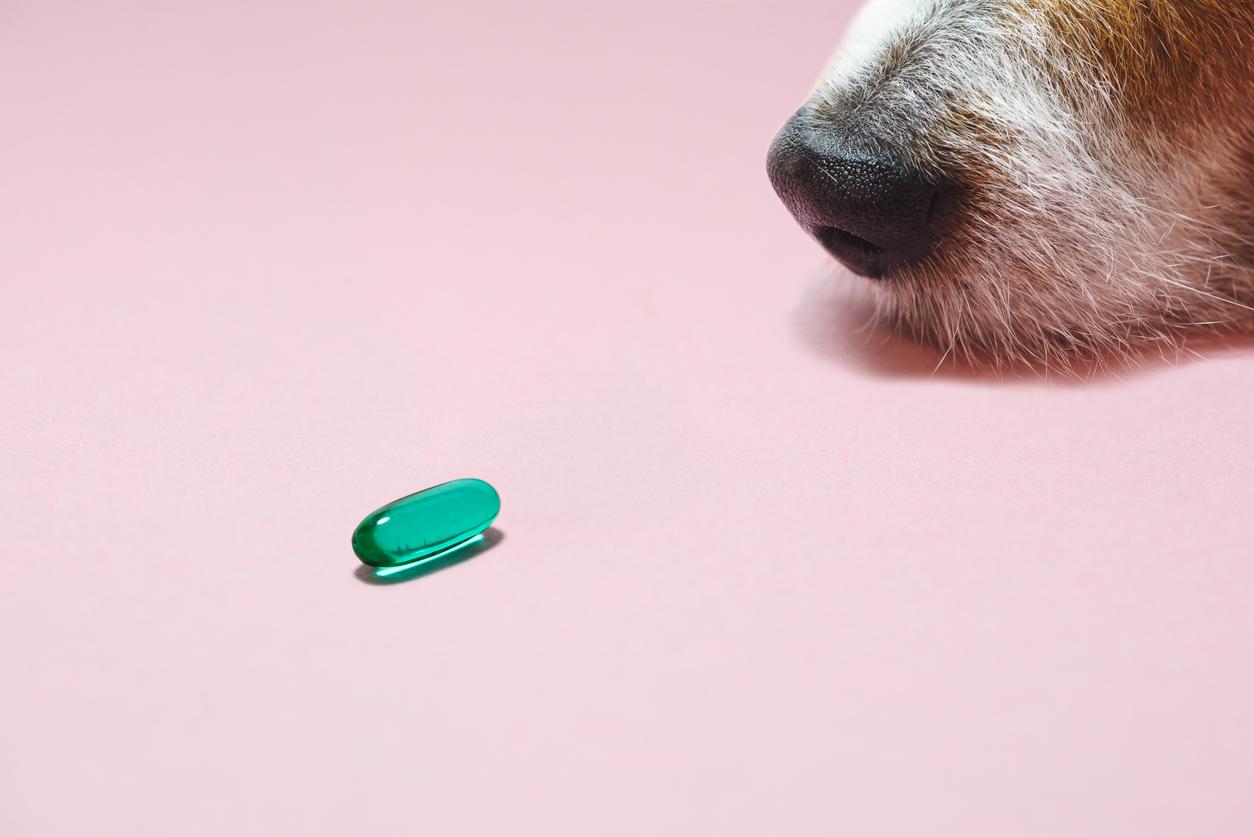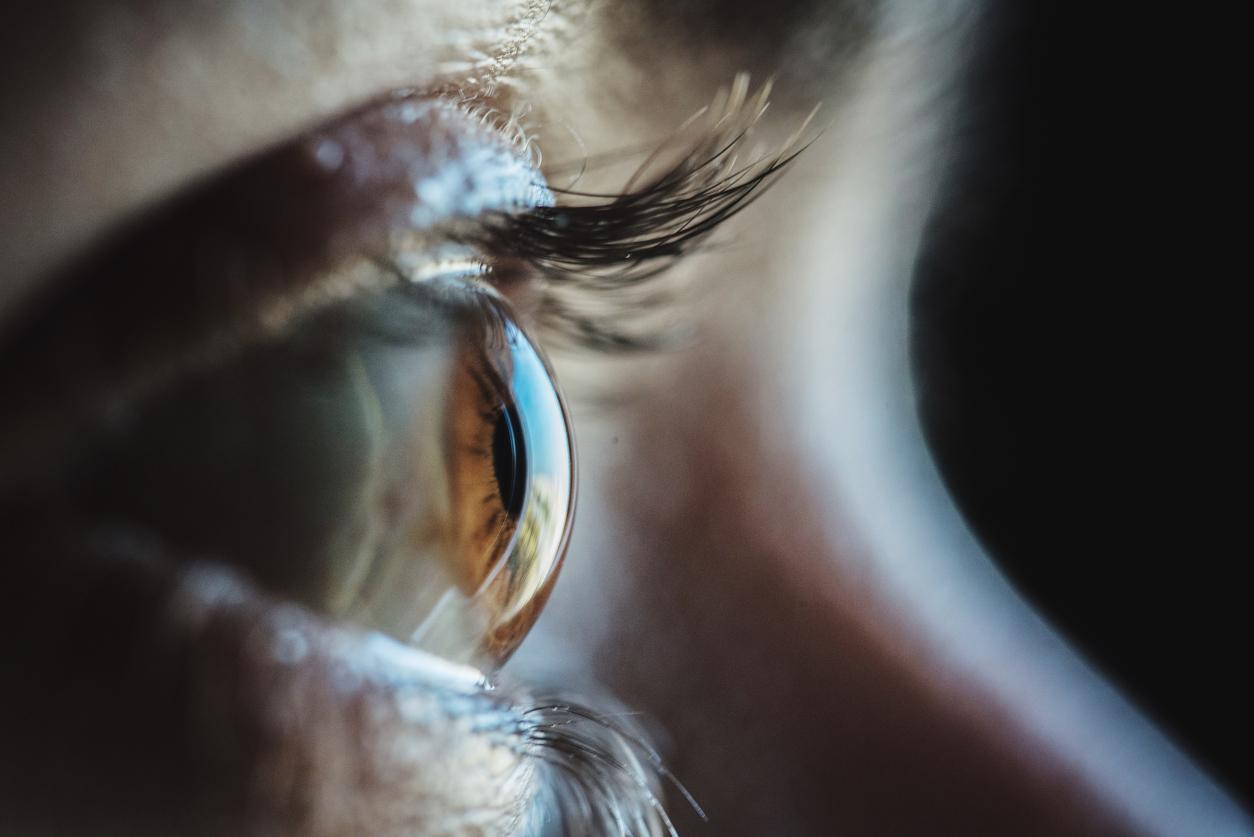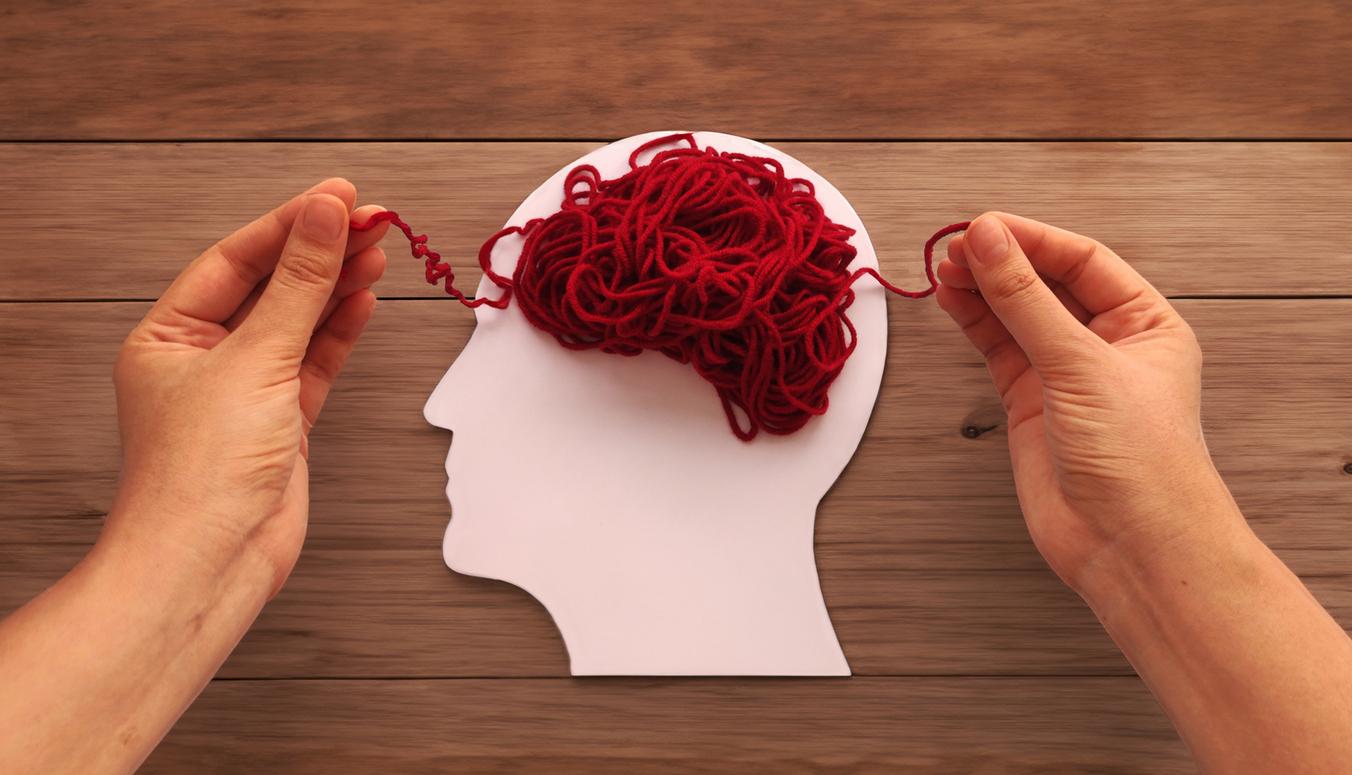New technologies make it possible to know whether a patient is taking a drug or not. Systems that are useful for adherence to treatment, but which could also be used to stop reimbursement.

A drug that warns if it has been taken? This is not science fiction but now reality. The principle is simple. The pill or pill to swallow is surrounded by a tiny sensor, the size of a grain of sand and made entirely of edible ingredients. When it arrives in the stomach, its decomposition triggers the sending of a signal to a receptor stuck on the patient’s arm. This receiver, a kind of electronic patch, which can also simultaneously record the patient’s heart rate and temperature, transcends the information in SMS or e-mail that it sends to a cell phone or computer. The doctor can immediately tell if the medicine has been swallowed and at what time.
Tablets with sensors tested in schizophrenics
This device was developed by a Californian start-up in Silicon Valley. Engineers at Proteus Digital Health worked for four years before their innovative device received approval from the US health authorities. The device has been tested in people with bipolar disorder or schizophrenia. 28 patients took tablets fitted with the sensor. The authors of study at Zucker Hillside Hospital in New York did not observe any major side effects: no stomach problems, no worsening of the psychosis attributable to the device, only a few minor irritations in five people at the patch on the arm but which did not lead to the termination of the experiment. Of the 27 people who completed the study, 19 found the concept easy to understand, 21 said they would like to receive reminders on their cell phones if they forgot to take their medication, and 24 thought the device might be useful to them.
An SMS against missed treatment
The company has announced new experiments in people with heart attacks in the UK. “It is a useful system for detecting the problem of non-adherence to treatment, believes Dr Thomas Cuisset, cardiologist at the Marseille University Hospital, but afterwards we must go further to encourage him to take his treatment”. The cardiologist has already faced the problem. With other colleagues, he noticed that more than 10% of patients equipped with a cardiac stent (metal spring positioned in an artery) did not take the antiplatelet treatment (such as aspirin) prescribed immediately after the operation. “This type of forgetfulness multiplies by 50 the risk of having a heart attack…”, underlines Dr. Thomas Cuisset.
To remedy this, the cardiologists of the department then reinforced the therapeutic education of patients. They have introduced an information card, like organ donor cards, to notify city health professionals that their patient is wearing a stent. General practitioner, nurse, physiotherapist can then also provide therapeutic education reminders. Last initiative, they have set up a system for sending personalized SMS to remind people to take their treatment, during the first month after hospitalization. “The system has proven itself and has enabled us to significantly reduce the number of people who do not take their aspirin”, testifies the cardiologist. Only 5% of patients stimulated by SMS stop taking their medication.
Listen to Dr Thomas Cuisset. ” Our system was conducted with 400 patients, it cost us nearly 5000 euros, a drop of water compared to the price of hospitalizations, stents or drugs. “
These rapidly developing technologies can address many situations. The World Health Organization points out that one in two patients do not respect their treatment, especially in the elderly who are lost in the mass of pills to swallow every day. But, it could also be useful for younger people who have chronic diseases like diabetes, or just for contraception.
“Spies” in the service of security
These systems used by health professionals can also be used by healthcare system funding organizations to check that the patient is taking the treatment reimbursed to him. Thus in France, since last January, people suffering from sleep apnea and equipped with an assisted breathing system, called continuous positive pressure (CPAP) must use their device to be reimbursed. The principle is as follows: their CPAP equipment is equipped with a cookie which records the number of hours during which it is used. Below three hours of use per night for two months, the rate of coverage by social security drops by half. After four months of poor compliance, the reimbursement is canceled and no new support will be accepted for six months.
Listen to Dr Thomas Cuisset. “ We have to put into perspective the economic conditions in which we live. The least thing for a patient when prescribed drugs is that they take them anyway.. “
.

















